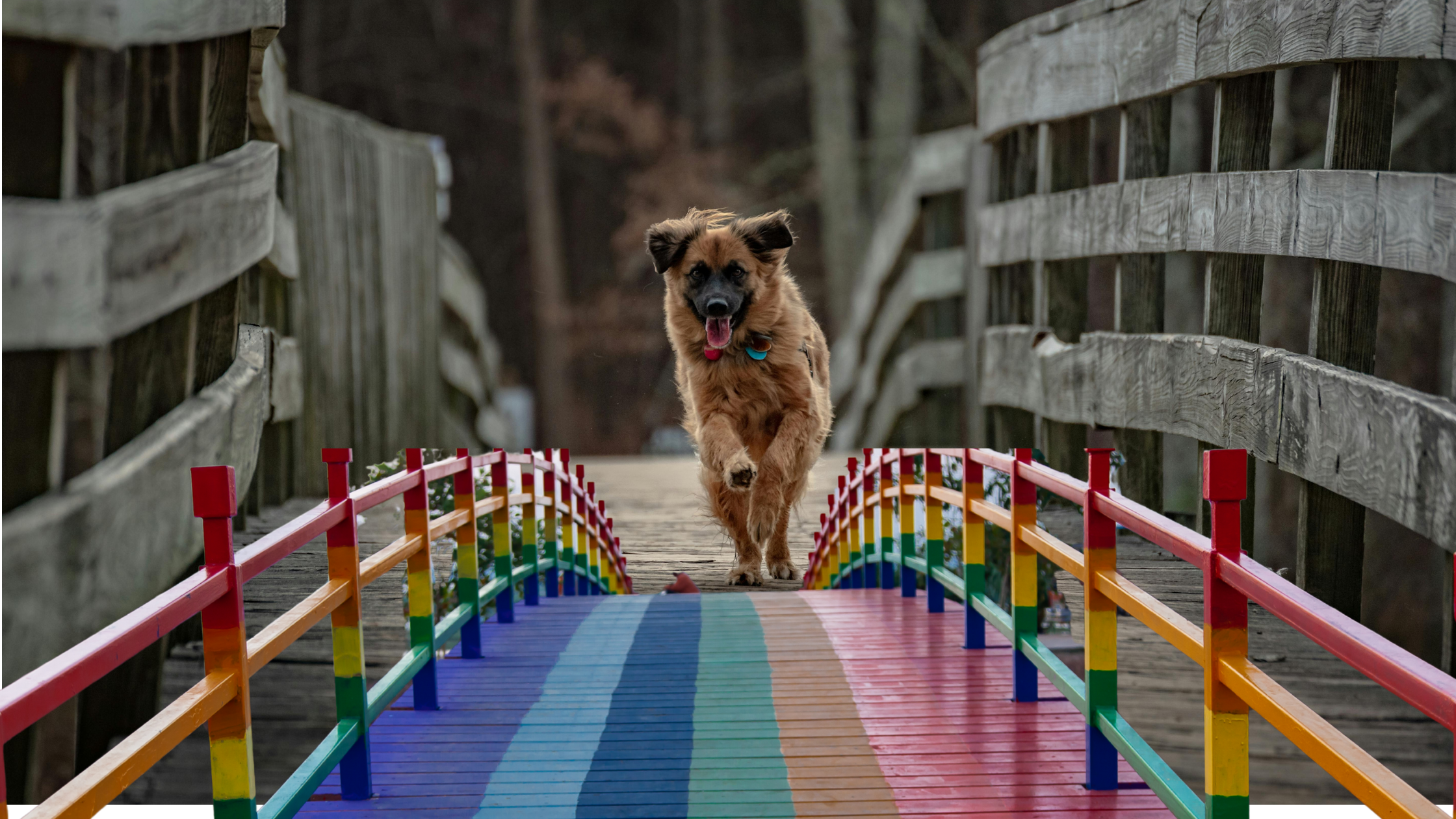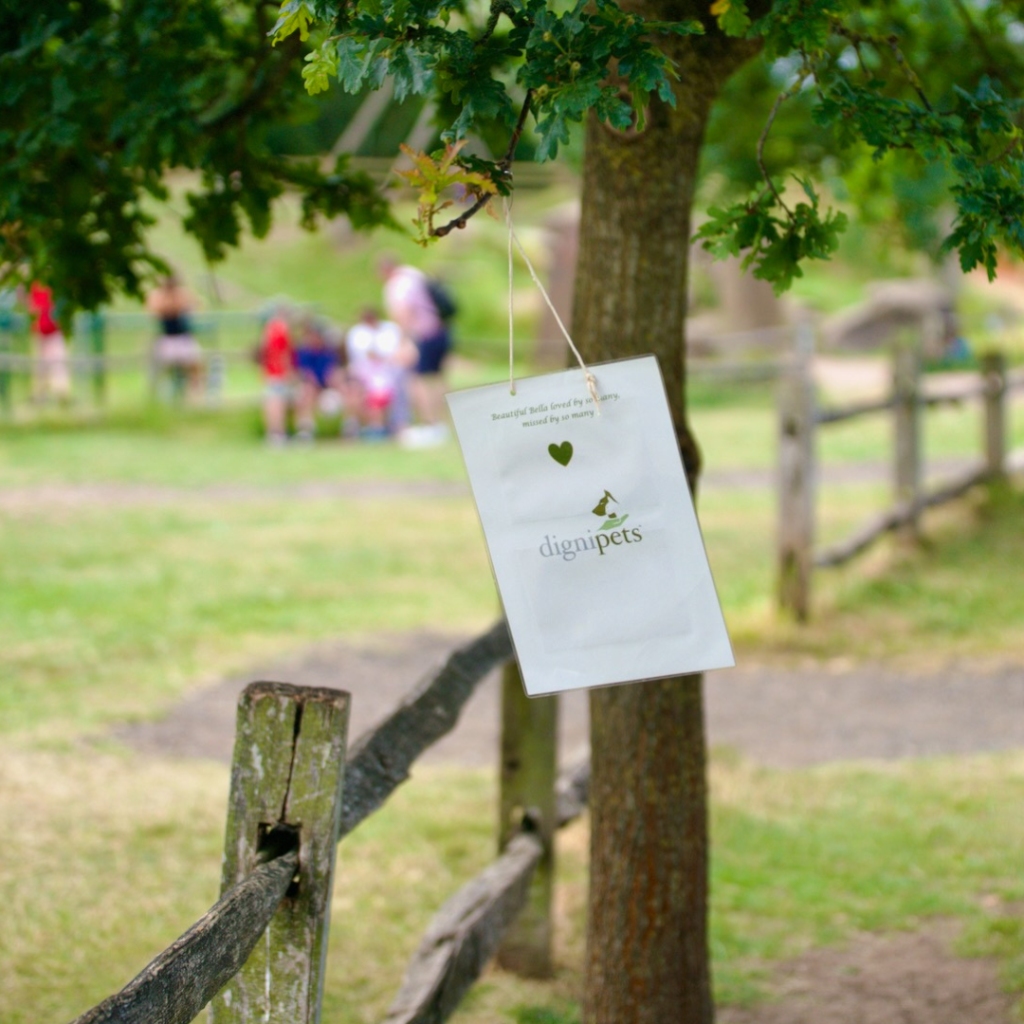When a pet passes, the loss doesn’t only touch us humans. It touches every member of the family, including other pets. Pets can form deep bonds with each other, and their grief can be just as real as ours.
Recognising the Signs of Grief in Pets
In the days and weeks following the loss of a family pet, there can be changes in the surviving pet’s behaviour showing us that they may be grieving. They may have a change in sleep pattern, appetite and energy levels. Some pets search for their companion. Others become clingier or even withdrawn from the rest of the family. Some can lose interest in activities they normally enjoy.
As pet owners, it’s important that we show patience and compassion when we see these signs, and that we give the surviving pet the support they need.
At the same time, many of the changes seen in a grieving pet could also be signs of illness. If you do worry about your pet, or they are elderly, it’s always a good idea to reach out to your family vet for a check-up, just to make sure that the grief isn’t masking something more serious.
Supporting Pets Through the Euthanasia Appointment
If you can allow other family pets to be present at the time of saying goodbye, this can help them understand the loss. For this to happen, it needs to be a calm environment, and the pet needs to be emotionally stable.
You can allow them to observe, let them sit nearby if they choose to. Also after your pet has passed, allowing their companion some quiet time where they can smell or sit with the deceased pet if they wish is beneficial. This is also a good idea for pets that aren’t calm enough to be present during the passing itself.
Whatever you choose to do, remember that everyone is different—both humans and pets. Trust yourself that you know your pets best, and you are the best person to make the decisions on who should be present.
Supporting Pets in the Time That Follows
Routine can be a powerful comfort. Stick to familiar patterns when possible, and offer extra enrichment and extra attention—but be mindful of your pet’s natural preferences and respect their personality.
Keeping to your exercise routines and making sure you both get enough fresh air can also be helpful, making sure it’s suited to your pet’s needs, health and fitness level.
You can also involve your pet in honouring the one you have lost. Whether you are walking in their memory, spending time looking through old photographs, or scattering their ashes—allowing your grieving pets to be present allows them to feel connection and love, and to be present with you.
Grief is the price we must pay for having deep and meaningful connections in our lives. Supporting grieving pets is another way to honour the companion that was lost, and the bond that remains.
Helpful Resources
Dignipets Pet Loss Support Network
join our community on facebook
Dignipets Pet Loss Support Network | Facebook
Blue Cross Pet Bereavement Support Service
A free, confidential telephone and email support service for anyone who is struggling with the loss of a pet.
Website: www.bluecross.org.uk/pet-bereavement-support
The Ralph Site
A UK-based pet loss support community offering articles, forums, and compassionate guidance.
Website: www.theralphsite.com
PDSA
Practical advice on coping with pet loss and supporting other pets through bereavement.
Website: www.pdsa.org.uk
Your Veterinary Practice
Don’t hesitate to reach out to your vet if you have concerns about your surviving pet’s health or behaviour during this difficult time.
Remember: grief affects every pet differently. Be patient, be present, and allow your pet to process their loss in their own time.



